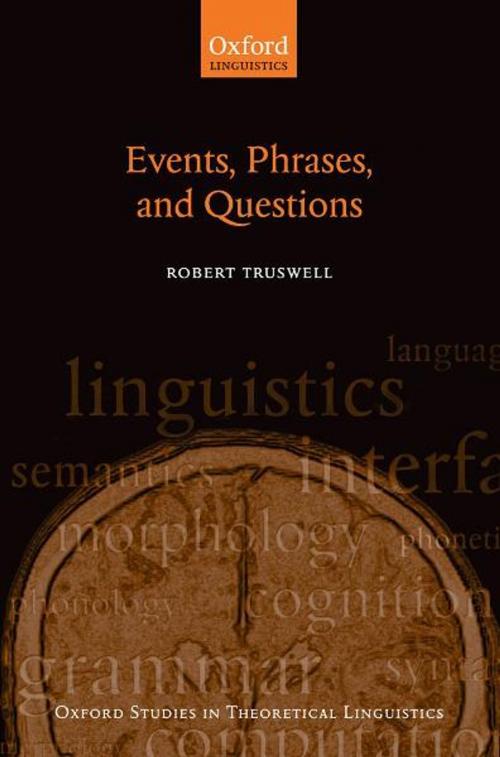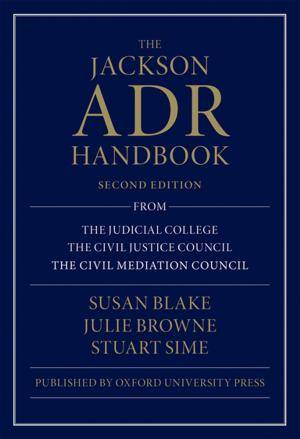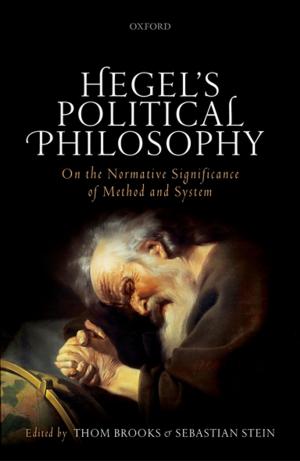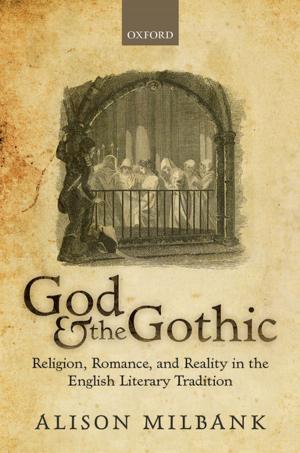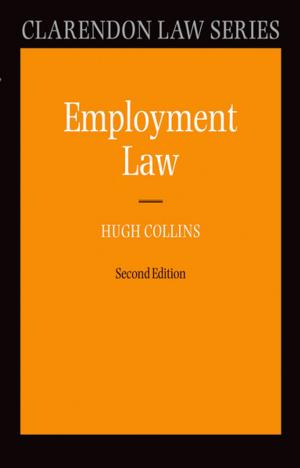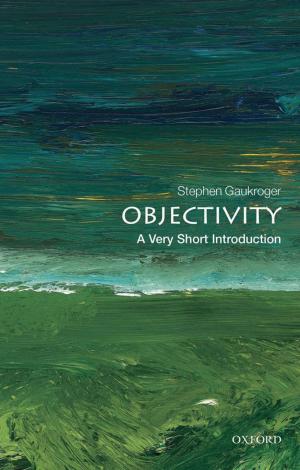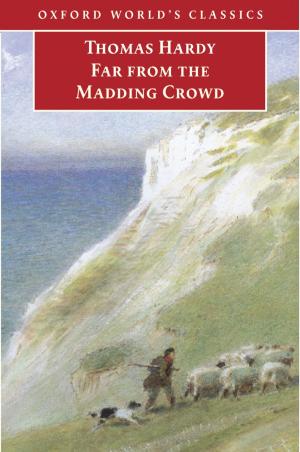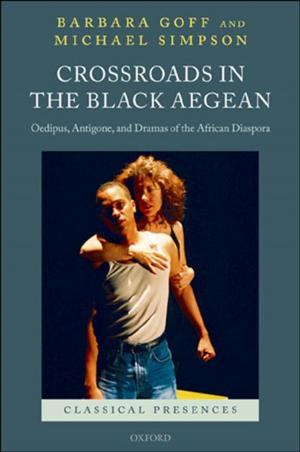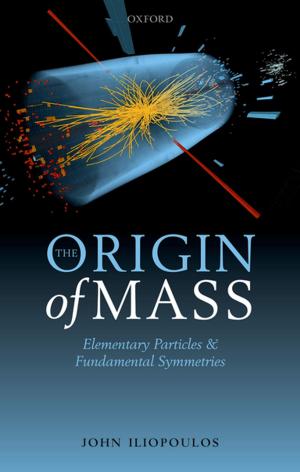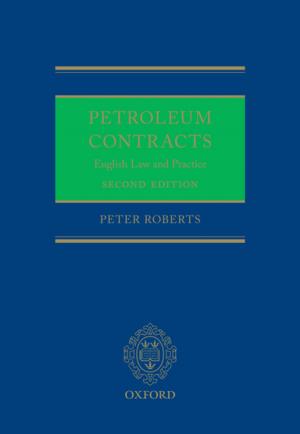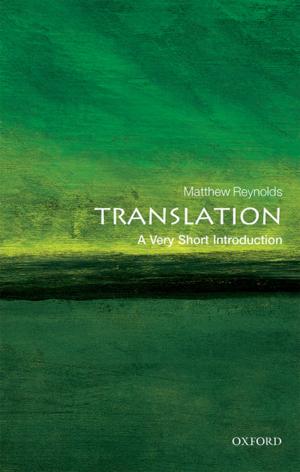Events, Phrases, and Questions
Nonfiction, Reference & Language, Language Arts, Linguistics, Religion & Spirituality, Philosophy| Author: | Robert Truswell | ISBN: | 9780191624964 |
| Publisher: | OUP Oxford | Publication: | January 20, 2011 |
| Imprint: | OUP Oxford | Language: | English |
| Author: | Robert Truswell |
| ISBN: | 9780191624964 |
| Publisher: | OUP Oxford |
| Publication: | January 20, 2011 |
| Imprint: | OUP Oxford |
| Language: | English |
This book examines some knotty problems in natural language. These typically involve questions where the sense or the grammaticality of an utterance teeters on or over the edge of acceptability among native speakers. The phenomena in question have been examined within syntactic theory for over two decades with no wholly satisfactory outcome. Dr Truswell broadens the scope of the enquiry to the interface between syntactic structure and other, indirectly related, cognitive, and semantic structures such as aspect, agentivity, and presupposition. Uniting work from philosophical, cognitive and linguistic perspectives, he develops a model of the internal structure of events as perceptual and cognitive units. He deploys the model to explain and predict the acceptability of particular formulations. He considers the individuation of events in the light of the model and provides a novel account of patterns of question formation. He shows that these patterns throw new light on central claims of Chomsky's biolinguistic minimalist program and Jackendoff's parallel architecture theory of mind and language. This is work at the cutting edge of linguistic theory, catholic in its theoretical scope, open to insights from cognate fields, and illustrated with examples from a wide range of languages. It will interest philosophers, semanticists and cognitive scientists concerned with topics like events, agentivity, and planning, as well as linguists studying syntax or the syntax-semantics interface.
This book examines some knotty problems in natural language. These typically involve questions where the sense or the grammaticality of an utterance teeters on or over the edge of acceptability among native speakers. The phenomena in question have been examined within syntactic theory for over two decades with no wholly satisfactory outcome. Dr Truswell broadens the scope of the enquiry to the interface between syntactic structure and other, indirectly related, cognitive, and semantic structures such as aspect, agentivity, and presupposition. Uniting work from philosophical, cognitive and linguistic perspectives, he develops a model of the internal structure of events as perceptual and cognitive units. He deploys the model to explain and predict the acceptability of particular formulations. He considers the individuation of events in the light of the model and provides a novel account of patterns of question formation. He shows that these patterns throw new light on central claims of Chomsky's biolinguistic minimalist program and Jackendoff's parallel architecture theory of mind and language. This is work at the cutting edge of linguistic theory, catholic in its theoretical scope, open to insights from cognate fields, and illustrated with examples from a wide range of languages. It will interest philosophers, semanticists and cognitive scientists concerned with topics like events, agentivity, and planning, as well as linguists studying syntax or the syntax-semantics interface.
